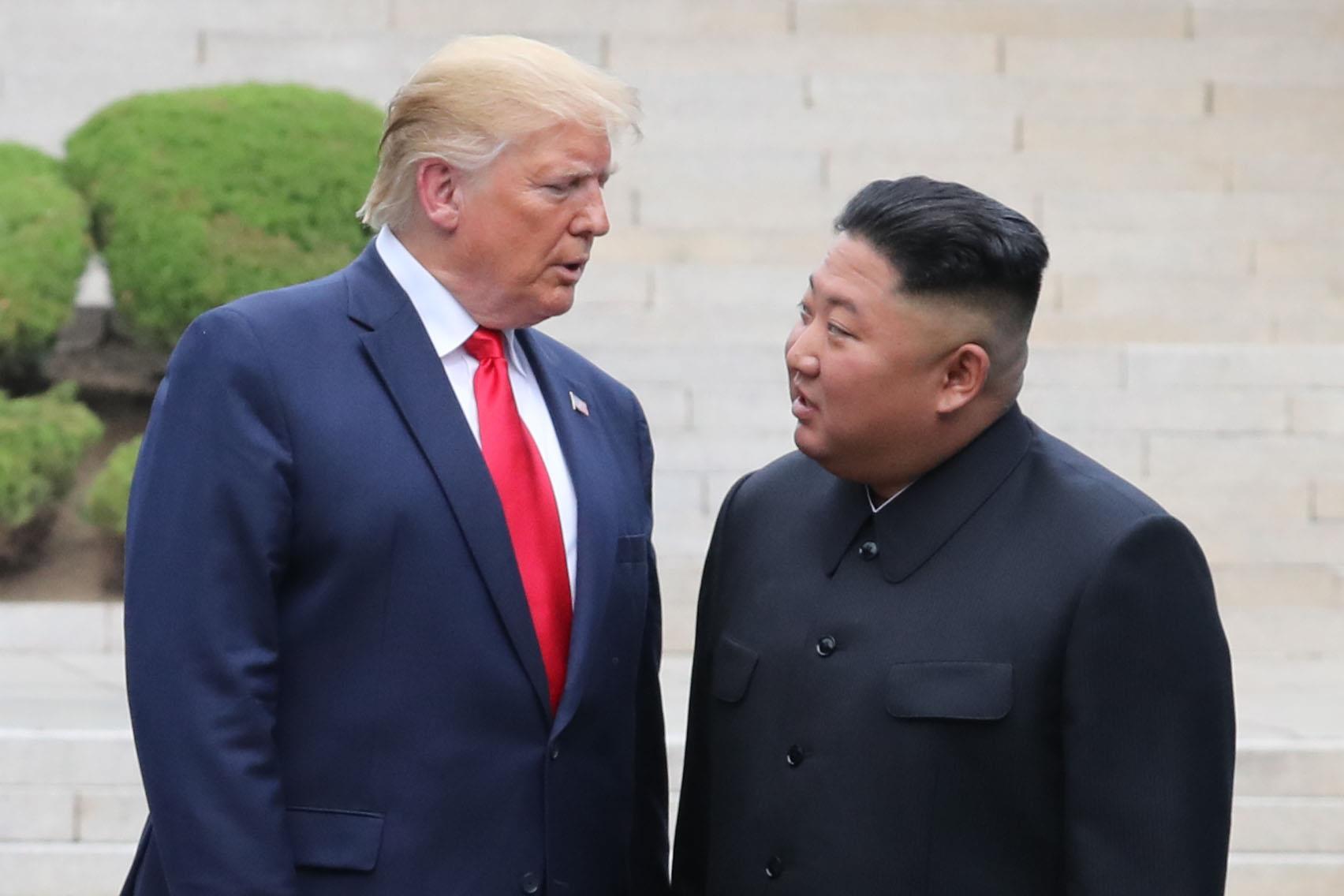SEOUL WON’T RULE OUT TRUMP–KIM MEETING AT NEXT MONTH’S APEC

Signals from Seoul on possible summitry
South Korea signaled it “cannot rule out” a meeting between U.S. President Donald Trump and North Korean leader Kim Jong Un on the sidelines of next month’s APEC summit in South Korea. The comment, attributed to an unnamed official cited by local media, marks a notable shift from earlier caution over Pyongyang’s participation. Any encounter would come amid renewed, if fragile, diplomatic maneuvering: North Korea has said it is open to talks with Washington if denuclearization is off the table, while Seoul’s new government has urged de-escalation in phases. A Trump–Kim meeting would be the first since 2019 and could reset the stalled nuclear dialogue, even as North Korea continues to expand its arsenal. Regional capitals are watching for protocol and security signals that might foreshadow high-level contact.
Domestic political considerations also loom. Trump has telegraphed a willingness to engage Kim if it yields results on U.S. priorities, while South Korea weighs the optics of hosting an unprecedented encounter during its APEC chairmanship. Any talks would need significant groundwork and guarantees to avoid a repeat of past breakdowns. Still, even a brief pull-aside could lower the temperature and open technical channels. Markets in Seoul and Tokyo would likely react to any movement on sanctions relief, while defense planners would parse language on exercises and missile tests.
What comes next and risks ahead
Attention now turns to whether Pyongyang will send a senior delegation to pre-summit events and whether Washington and Seoul can craft a face-saving agenda. Analysts caution that North Korea’s red lines—recognition as a nuclear state and sanctions relief—remain incompatible with U.S. law and alliances. A mismanaged optics-heavy meeting could embolden hardliners or unsettle deterrence. Conversely, a narrowly scoped discussion on humanitarian issues, prisoner exchanges, or hotlines could create momentum. Diplomats in Beijing and Tokyo are expected to quietly test messages with both sides in the coming days. Logistics, security, and protocol decisions over the next two weeks will offer the clearest clues about whether a meeting will materialize.












